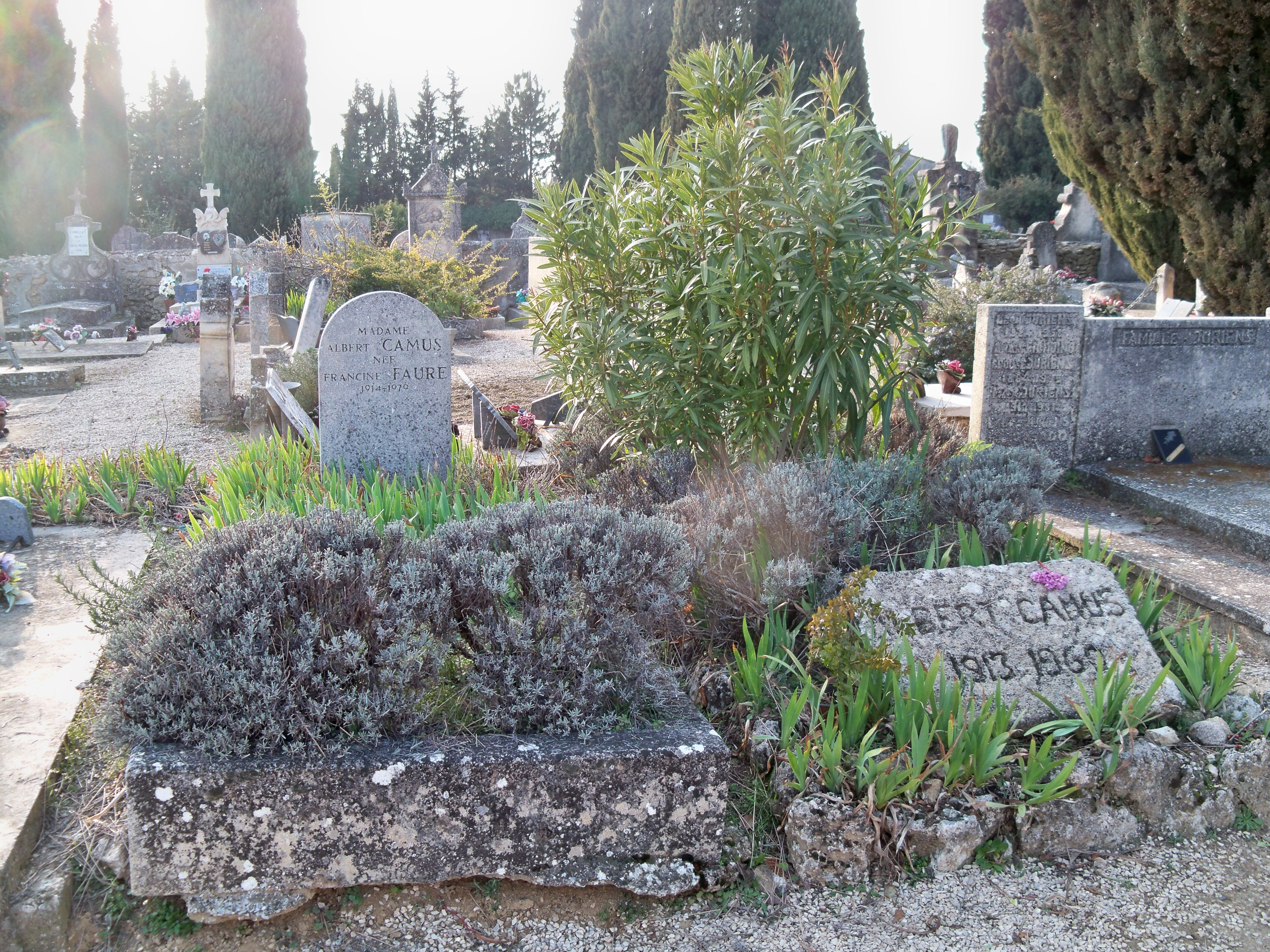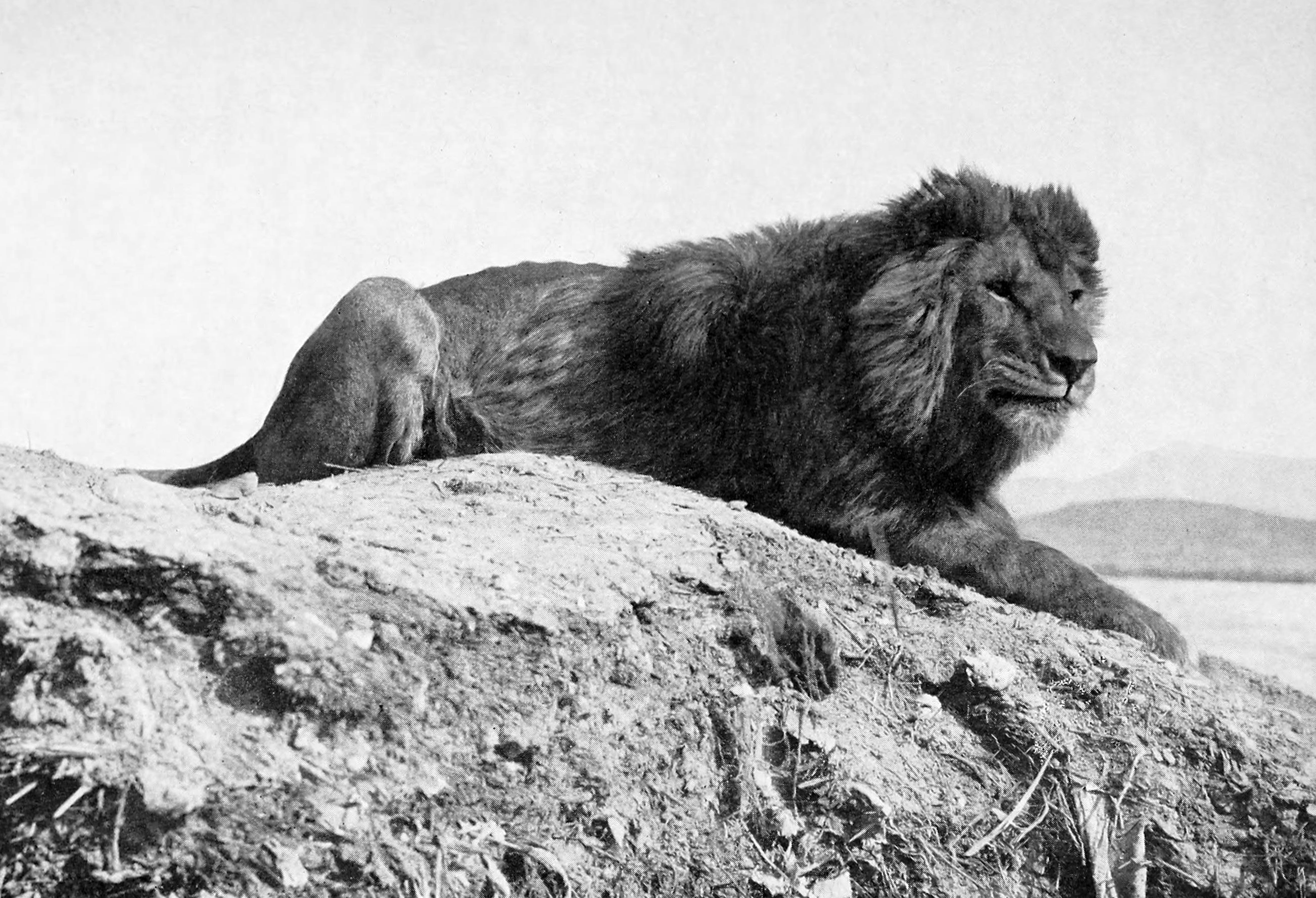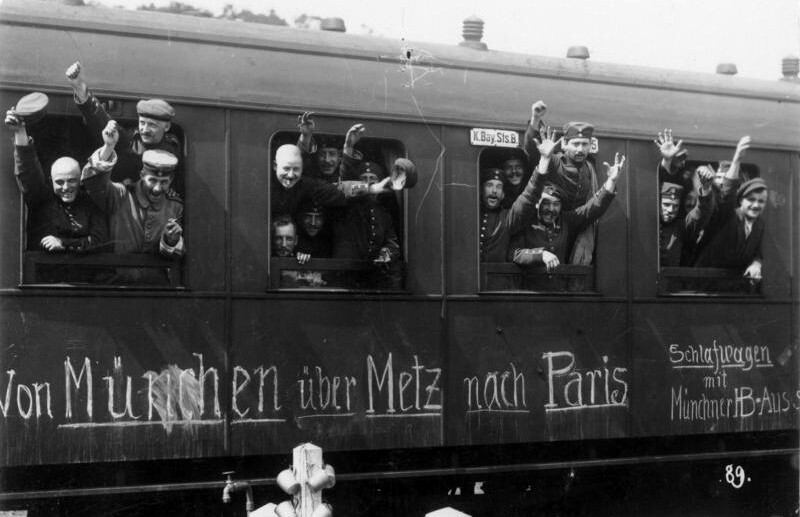|
Francine Faure
Francine Faure (6 December 1914 in Oran, Algeria – 24 December 1979) was a French pianist specializing in Bach and a mathematician.. She was the second wife of Albert Camus, whom he met in 1937 in Algiers. They were married in Lyon on 3 December 1940. She came from a middle-class French family in Oran, Algeria, which was a French colony at the time. She also taught mathematics, sometimes as a substitute teacher. Personal life Francine's father Fernand Martial François Faure died in World War I, at the Marne, where Camus' father had also died. Her mother, Marie-Fernande Charlotte "Fernande" Faure (née Albert), was considered by Camus biographer Olivier Todd to be domineering. Her grandfather had built part of the Oran harbor. Her maternal grandmother Clara Albert (née Touboul) (1868–1940) was a Berber Jew and was born in Oran to Fredj Touboul (also reported as Fredja Abitboul) and Messaouda Touboul (née Tabet) (1834–1890). Although Camus was indifferent if not hostile t ... [...More Info...] [...Related Items...] OR: [Wikipedia] [Google] [Baidu] |
Oran
Oran ( ar, وَهران, Wahrān) is a major coastal city located in the north-west of Algeria. It is considered the second most important city of Algeria after the capital Algiers, due to its population and commercial, industrial, and cultural importance. It is west-south-west from Algiers. The total population of the city was 803,329 in 2008, while the metropolitan area has a population of approximately 1,500,000 making it the second-largest city in Algeria. Etymology The word ''Wahran'' comes from the Berber expression ''wa - iharan'' (place of lions). A locally popular legend tells that in the period around AD 900, there were sightings of Barbary lion, Barbary lions in the area. The last two lions were killed on a mountain near Oran, and it became known as ''la montagne des lions'' ("The Mountain of Lions"). Two giant lion statues stand in front of Oran's city hall, symbolizing the city. History Overview During the Roman Empire, a small settlement called ''Unica Colonia'' ... [...More Info...] [...Related Items...] OR: [Wikipedia] [Google] [Baidu] |
Bach
Johann Sebastian Bach (28 July 1750) was a German composer and musician of the late Baroque period. He is known for his orchestral music such as the '' Brandenburg Concertos''; instrumental compositions such as the Cello Suites; keyboard works such as the ''Goldberg Variations'' and ''The Well-Tempered Clavier''; organ works such as the '' Schubler Chorales'' and the Toccata and Fugue in D minor; and vocal music such as the ''St Matthew Passion'' and the Mass in B minor. Since the 19th-century Bach revival he has been generally regarded as one of the greatest composers in the history of Western music. The Bach family already counted several composers when Johann Sebastian was born as the last child of a city musician in Eisenach. After being orphaned at the age of 10, he lived for five years with his eldest brother Johann Christoph, after which he continued his musical education in Lüneburg. From 1703 he was back in Thuringia, working as a musician for Protestant c ... [...More Info...] [...Related Items...] OR: [Wikipedia] [Google] [Baidu] |
Albert Camus
Albert Camus ( , ; ; 7 November 1913 – 4 January 1960) was a French philosopher, author, dramatist, and journalist. He was awarded the 1957 Nobel Prize in Literature at the age of 44, the second-youngest recipient in history. His works include '' The Stranger'', '' The Plague'', ''The Myth of Sisyphus'', '' The Fall'', and '' The Rebel''. Camus was born in French Algeria to '' Pieds Noirs'' parents. He spent his childhood in a poor neighbourhood and later studied philosophy at the University of Algiers. He was in Paris when the Germans invaded France during World War II in 1940. Camus tried to flee but finally joined the French Resistance where he served as editor-in-chief at '' Combat'', an outlawed newspaper. After the war, he was a celebrity figure and gave many lectures around the world. He married twice but had many extramarital affairs. Camus was politically active; he was part of the left that opposed Joseph Stalin and the Soviet Union because of their totali ... [...More Info...] [...Related Items...] OR: [Wikipedia] [Google] [Baidu] |
Algeria
) , image_map = Algeria (centered orthographic projection).svg , map_caption = , image_map2 = , capital = Algiers , coordinates = , largest_city = capital , religion = , official_languages = , languages_type = Other languages , languages = Algerian Arabic (Darja) French , ethnic_groups = , demonym = Algerian , government_type = Unitary semi-presidential republic , leader_title1 = President , leader_name1 = Abdelmadjid Tebboune , leader_title2 = Prime Minister , leader_name2 = Aymen Benabderrahmane , leader_title3 = Council President , leader_name3 = Salah Goudjil , leader_title4 = Assembly President , leader_name4 = Ibrahim Boughali , legislature = Parliament , upper_house = Council of the Nation , lower_house ... [...More Info...] [...Related Items...] OR: [Wikipedia] [Google] [Baidu] |
Substitute Teacher
A substitute teacher is a person who teaches a school class when the regular teacher is absent or unavailable; e.g., because of illness, personal leave, maternal leave and so on. "Substitute teacher" (usually abbreviated as "sub") is the most commonly used phrase in the United States, Canada (except Ontario and New Brunswick), India and Ireland, while supply teacher is the most commonly used term in Great Britain and the Canadian provinces of Ontario and New Brunswick. The term cover teacher is also used in Great Britain. Common synonyms for substitute teacher include relief teacher or casual relief teacher (used in Australia and New Zealand) and "emergency teacher" (used in some parts of the United States). Other terms, such as "guest teacher", are also used by some schools or districts. Regional variants in terminology are common, such as the use of the term teacher teaching on call (TTOC) in the Canadian province of British Columbia and occasional in Ontario. In the United St ... [...More Info...] [...Related Items...] OR: [Wikipedia] [Google] [Baidu] |
World War I
World War I (28 July 1914 11 November 1918), often abbreviated as WWI, was one of the deadliest global conflicts in history. Belligerents included much of Europe, the Russian Empire, the United States, and the Ottoman Empire, with fighting occurring throughout Europe, the Middle East, Africa, the Pacific, and parts of Asia. An estimated 9 million soldiers were killed in combat, plus another 23 million wounded, while 5 million civilians died as a result of military action, hunger, and disease. Millions more died in genocides within the Ottoman Empire and in the 1918 influenza pandemic, which was exacerbated by the movement of combatants during the war. Prior to 1914, the European great powers were divided between the Triple Entente (comprising France, Russia, and Britain) and the Triple Alliance (containing Germany, Austria-Hungary, and Italy). Tensions in the Balkans came to a head on 28 June 1914, following the assassination of Archduke Franz Ferdin ... [...More Info...] [...Related Items...] OR: [Wikipedia] [Google] [Baidu] |
The Marne
The First Battle of the Marne was a battle of the First World War fought from 5 to 12 September 1914. It was fought in a collection of skirmishes around the Marne River Valley. It resulted in an Entente victory against the German armies in the west. The battle was the culmination of the Retreat from Mons and pursuit of the Franco-British armies which followed the Battle of the Frontiers in August and reached the eastern outskirts of Paris. Field Marshal Sir John French, commander of the British Expeditionary Force (BEF), began to plan for a full British retreat to port cities on the English Channel for an immediate evacuation. The military governor of Paris, Joseph Simon Gallieni, wanted the Franco–British units to counter-attack the Germans along the Marne River and halt the German advance. Entente reserves would restore the ranks and attack the German flanks. On 5 September, the counter-offensive by six French armies and the British Expeditionary Force (BEF) began. By ... [...More Info...] [...Related Items...] OR: [Wikipedia] [Google] [Baidu] |
Berber Jews
Berber Jews are the Jewish communities of the Maghreb, in North Africa, who historically spoke Berber languages. Between 1950 and 1970 most immigrated to France, the United States, or Israel. History Antiquity Jews have settled in Maghreb since at least the third century BC.Patai, Raphael & Bar-Itzhak, Haya (eds.): Encyclopedia of Jewish Folklore and Traditions, p. 389. M.E. Sharpe, 2013. According to one theory, which is based on the fourteenth-century writings of Arab philosopher Ibn Khaldun and was influential during the 20th century, Berbers adopted Judaism from these arrived Jews before the Arab conquest of North Africa.Patai, Raphael & Bar-Itzhak, Haya (eds.): Encyclopedia of Jewish Folklore and Traditions, p. 389. M.E. Sharpe, 2013. For example, French historian, Eugène Albertini dates the Judaization of certain Berber tribes and their expansion from Tripolitania to the Saharan oases, to the end of the 1st century. Marcel Simon (historian), Marcel Simon for his part, sees ... [...More Info...] [...Related Items...] OR: [Wikipedia] [Google] [Baidu] |
María Casares
María Casares (21 November 1922 – 22 November 1996) was a Spanish-born French actress and one of the most distinguished stars of the French stage and cinema. She was credited in France as Maria Casarès. Early life Casares was born María Victoria Casares y Pérez in A Coruña, Galicia, the daughter of Santiago Casares Quiroga, a minister in Manuel Azaña's government and Prime Minister of Spain, and of Gloria Pérez. She was a volunteer in Madrid hospitals already at age fourteen. Her father was a member of the Republican government so at the outbreak of the Spanish Civil War (1936), the family was forced to flee Spain. Her father went to London, but she and her mother sought refuge in Paris. There, María attended the Victor Duruy school, where she learned French and was befriended by a teacher and his Spanish wife, who inspired her to go into the theatre. After graduation, she took voice classes with René Simon. She enrolled in the Paris Conservatoire, where she won F ... [...More Info...] [...Related Items...] OR: [Wikipedia] [Google] [Baidu] |
Lourmarin
Lourmarin (; oc, Lormarin) is a commune in the Vaucluse department in the Provence-Alpes-Côte d'Azur region in southeastern France. Its inhabitants are called ''Lourmarinois''. Geography Lourmarin is located in the French region of Provence, at the foot of the Luberon Massif where a southern pass debouches over the Luberon from Apt on the northern side of the Luberon. The pass divides the Grand Luberon from the Petit Luberon range, an area rich in Neolithic remains and noted for its dramatic massifs and rockscapes. The Aigues Brun brook comes out of the pass and runs just to the west of the village (''Aigue'' is a Provençal language word for "water", coming from Latin ''aqua''). History Lourmarin has been settled for at least a thousand years, and was probably a Neolithic campsite before that. A fortress was first built at the site in the 12th century, and was rebuilt by Foulques d'Agoult in the 15th century on the foundations of the earlier castle. It was restored in 1920. I ... [...More Info...] [...Related Items...] OR: [Wikipedia] [Google] [Baidu] |
1914 Births
This year saw the beginning of what became known as World War I, after Archduke Franz Ferdinand of Austria, heir to the Austrian throne was assassinated by Serbian nationalist Gavrilo Princip. It also saw the first airline to provide scheduled regular commercial passenger services with heavier-than-air aircraft, with the St. Petersburg–Tampa Airboat Line. Events January * January 1 – The St. Petersburg–Tampa Airboat Line in the United States starts services between St. Petersburg and Tampa, Florida, becoming the first airline to provide scheduled regular commercial passenger services with heavier-than-air aircraft, with Tony Jannus (the first federally-licensed pilot) conveying passengers in a Benoist XIV flying boat. Abram C. Pheil, mayor of St. Petersburg, is the first airline passenger, and over 3,000 people witness the first departure. * January 11 – The Sakurajima volcano in Japan begins to erupt, becoming effusive after a very large earthquake ... [...More Info...] [...Related Items...] OR: [Wikipedia] [Google] [Baidu] |



.jpg)

